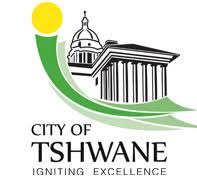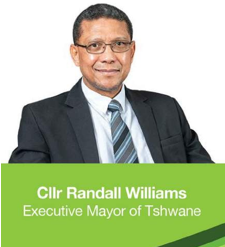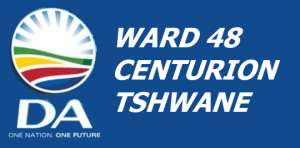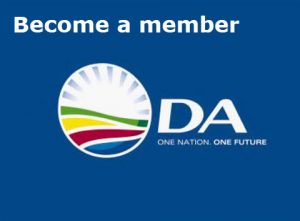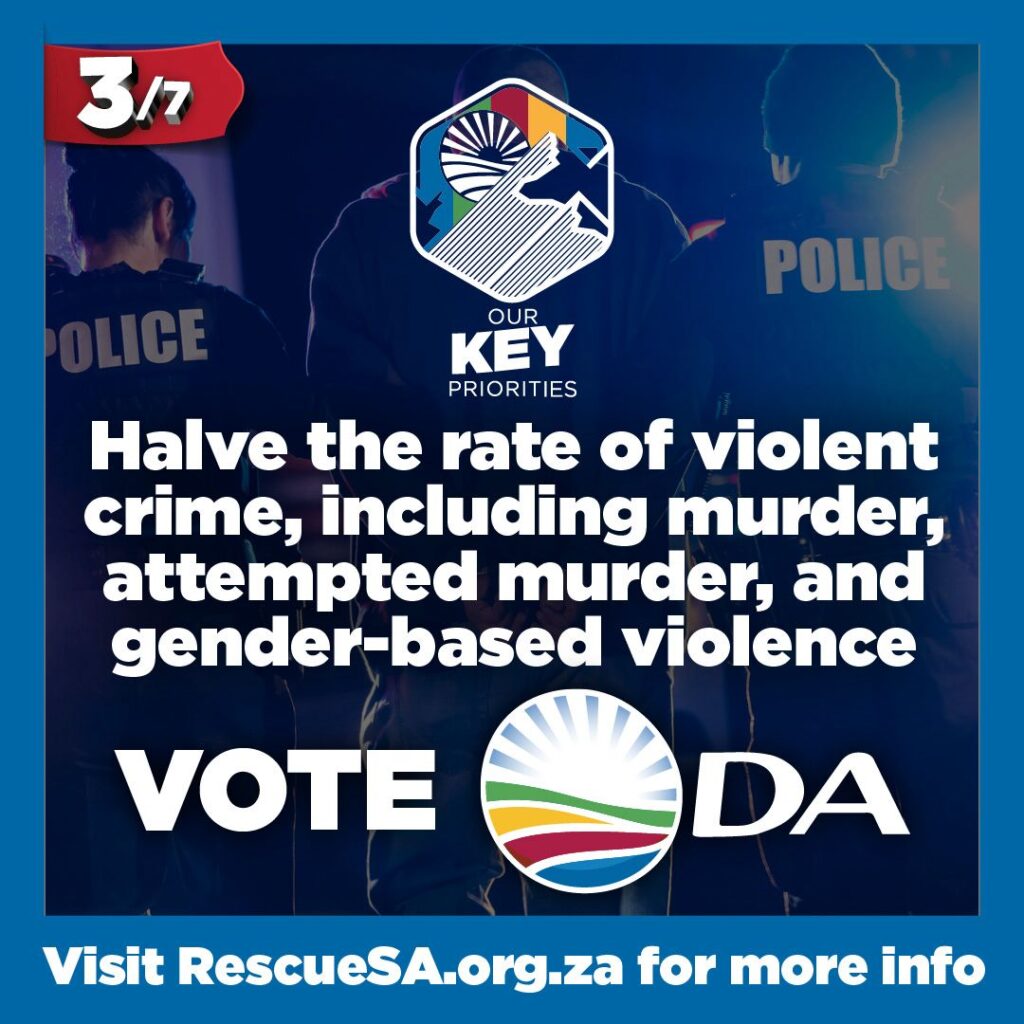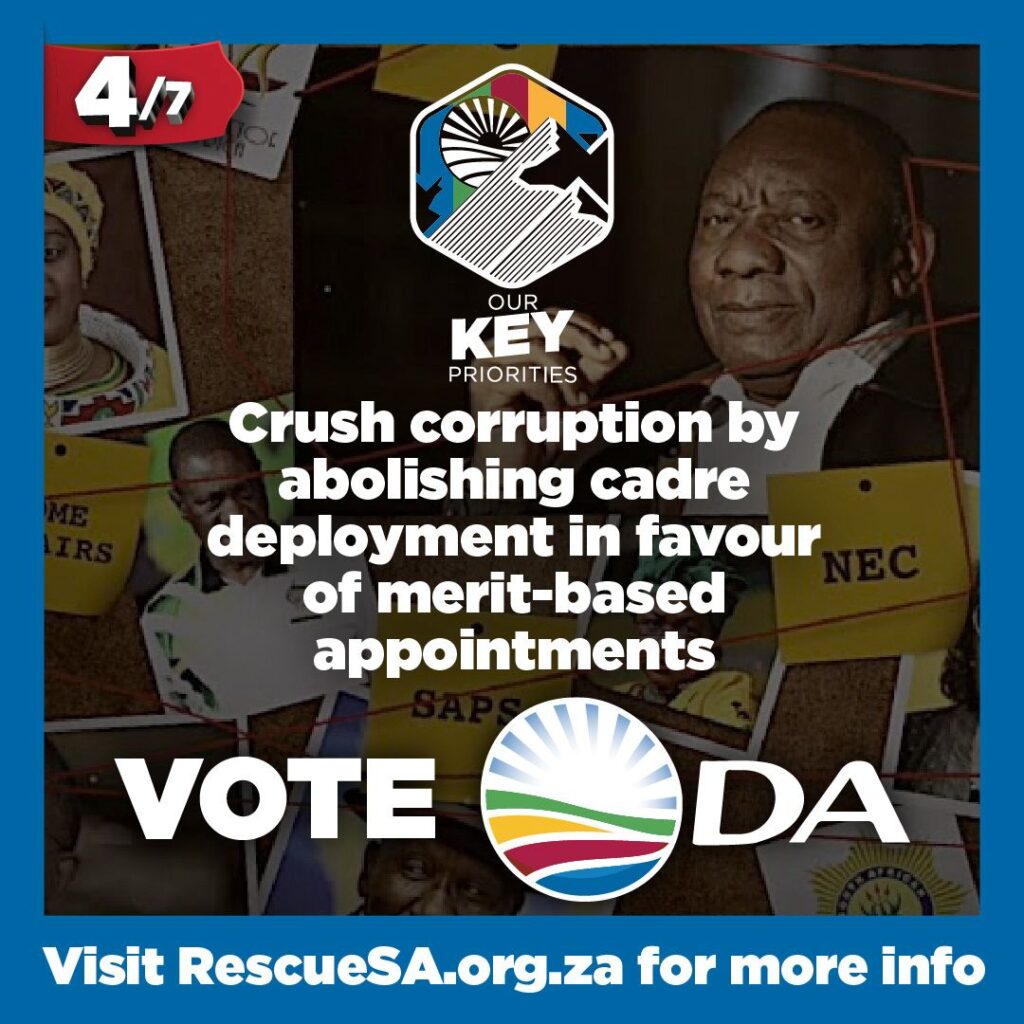North Gauteng High Court in the matter of Democratic Alliance and 3 others v The Premier for the Province of Gauteng and 16 others
Judge President D. Mlambo
Concurring: Acting Deputy Judge President S. Potterill & Judge N Rahchod
[82] An MEC [Lebohang Maile], and the Courts, must not sanction councillors’ conduct contrary to their Code of Conduct. Walking out of Council meetings does not serve the councillors’ electorate and does not fulfil the constitutional and executive duties they were elected for. Staying in attendance will, due to the nature of the voting process, always result in decisions being taken by the Council. The Premier does not in the answering affidavit address the failure to act against the errant ANC and EFF councillors at all.
[88] It bears emphasis that the importance of serving in a municipal council is that party political affiliation and agendas are eschewed for the greater good of the communities served by those councils.
… The uncontested evidence in this case is that the overarching injunction was lost to the councillors who instead prioritized their own party political agendas and brought the council to its knees. Walking out of council meetings and disrupting such meetings in a concerted manner could never have been in the interests of the Tshwane local community. This conduct is the direct and predominant source of the Tshwane Council’s paralysis. It is conduct that the MEC and by extension the Gauteng EC were fully aware of.
[95] The ANC belatedly filed an opposing affidavit with voluminous attachments. The DA opposed the condonation application for the late filing of this affidavit, but did not pursue the condonation application in argument.
[96] Even if the Court should condone the late filing of the affidavit it was of no assistance whatsoever to the Court. The premise of the affidavit was totally misconceived. As counsel for the ANC put it, it was to provide the Court with information that was in the public interest. A Court can only entertain relevant, appropriate, germane and useful evidence to the issues before it. The ANC’s answering affidavit sought to deal with issues that were not relevant for the resolution of the dispute between the Council and the Gauteng EC. Its main purpose was to attack the DA and its councillors in the Municipal Council.
[101] We point out that in its affidavit the ANC acknowledges that the walkouts were indeed a challenge to the Council. The affidavit, however, does not provide the Court with an explanation as to what was the objective of this conduct and why this conduct was lawful in view of the Code of Conduct for Councillors.
(109] In the circumstances the following order is granted:
- The decision of the Gauteng Executive Council to dissolve the City of
Tshwane Metropolitan Municipality, taken on 4 March 2020 and
communicated to the applicants on 10 March 2020 (“the dissolution
decision”), is reviewed, declared invalid and set aside. - The thirteenth and fourteenth respondents are ordered, in terms of the Code of Good Conduct of Councillors, to attend and remain in attendance at all meetings of the City of Tshwane Metropolitan
Municipality Council unless they have a lawful reason to be absent.
Note: ANC Councillors – 13th Respondent, EFF Councillors – 14th Respondent
